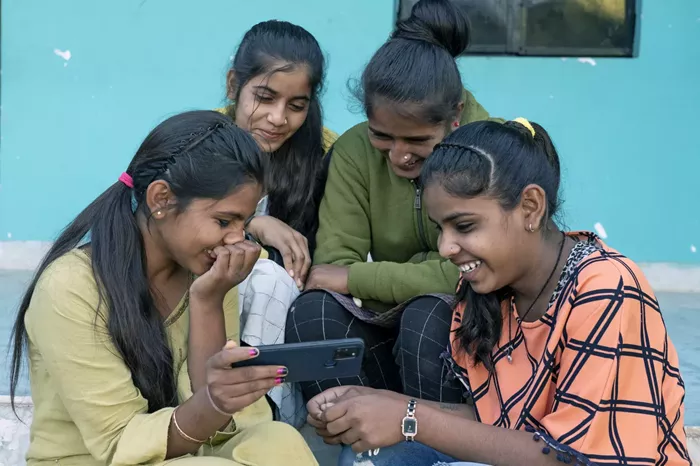In today’s highly connected world, the internet and digital technologies hold tremendous potential to safeguard children’s rights. However, they also expose children to various risks, especially those linked to the commercialization and datafication of digital life.
With the rapid growth of digital media, advertising targeting children has become a multi-billion-dollar industry. Estimates indicate that on social media alone, many 14-year-olds encounter as many as 1,260 advertisements daily.
Exposure to digital marketing poses several risks to children’s well-being. Personalized advertising and persuasive techniques can influence children’s behavior, encouraging prolonged screen time and unhealthy dietary choices, which in turn affect their physical and mental health. Furthermore, companies track and collect data on children’s online activities and preferences to deliver targeted ads, raising serious privacy concerns.
Economic exploitation is another pressing issue, as children in influencer cultures may face risks due to weak labor protections. Additionally, sponsored content and pervasive advertising spaces can shape children’s opinions, potentially limiting their freedom of expression and ability to resist manipulative marketing tactics. Algorithms tend to prioritize popular products over educational or developmental content, thus impacting what children learn and access.
Digital marketing often turns play and rest into a consumer experience. Research shows that 95% of top children’s apps incorporate some form of marketing, blurring the line between entertainment and commercial influence.
Companies involved across the digital marketing value chain play a crucial role in ensuring that their activities respect and uphold children’s rights. In response, UNICEF released the “Children and Digital Marketing: Industry Toolkit” in 2018, offering practical recommendations to integrate child rights considerations into digital marketing practices. This toolkit is grounded in extensive research and consultations, summarized in the discussion paper titled “Children and Digital Marketing: Rights, Risks, and Opportunities.”
Due to rapid technological and legislative developments, UNICEF plans to revise the original toolkit by mid-2024. The second edition is currently in preparation, drawing on desk research, industry consultations, and expert interviews.
A draft of the updated toolkit will be presented for feedback at the 2025 RightsCon human rights conference. Following this, UNICEF will continue to gather usability feedback from practitioners and experts, with an anticipated official release by mid-2025.
To stay updated on key announcements related to this initiative and other UNICEF digital technology news, follow UNICEF Digital Technology on LinkedIn.
Related Topics
- How to Determine If Your Social Media Strategy is Effective?
- How Much Does Outsourcing Social Media Marketing Cost?
- Social Media Marketing Became Vital During the Pandemic

